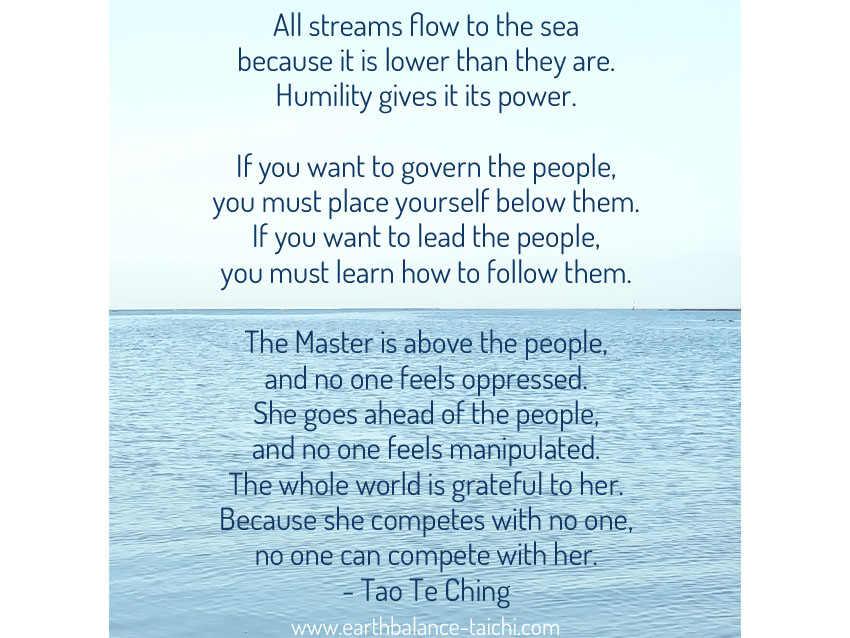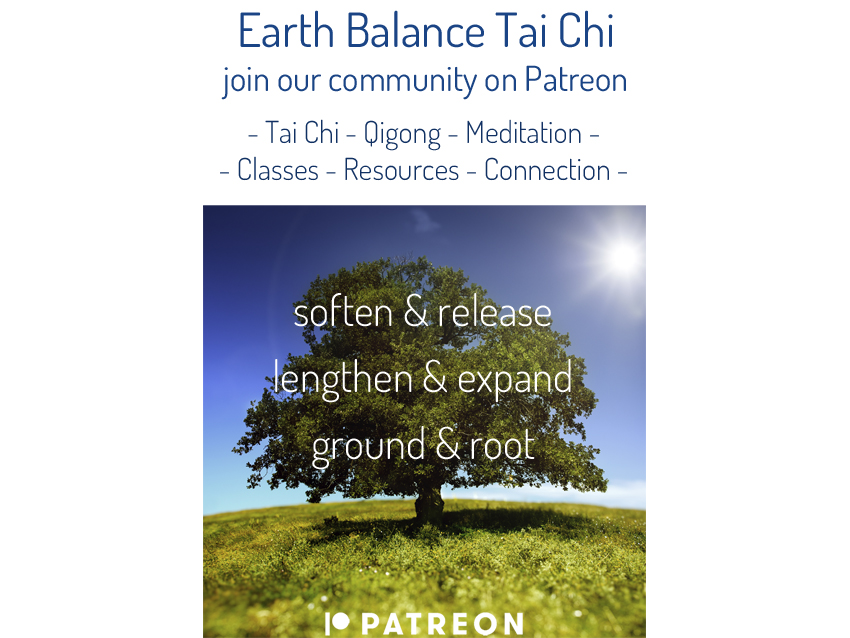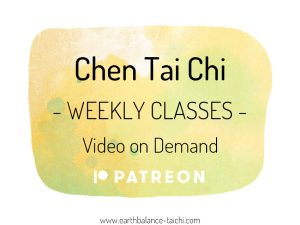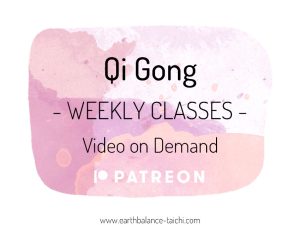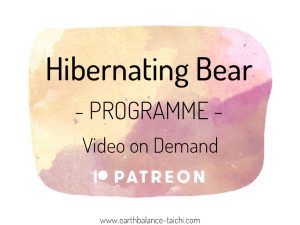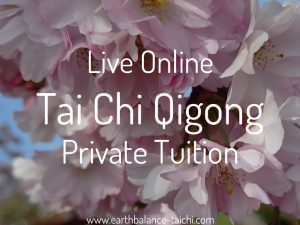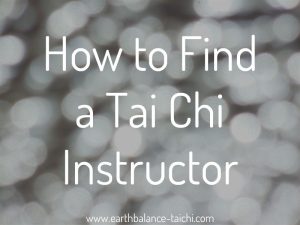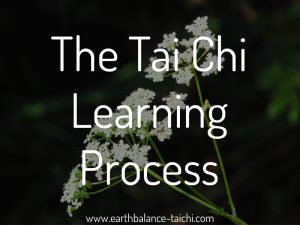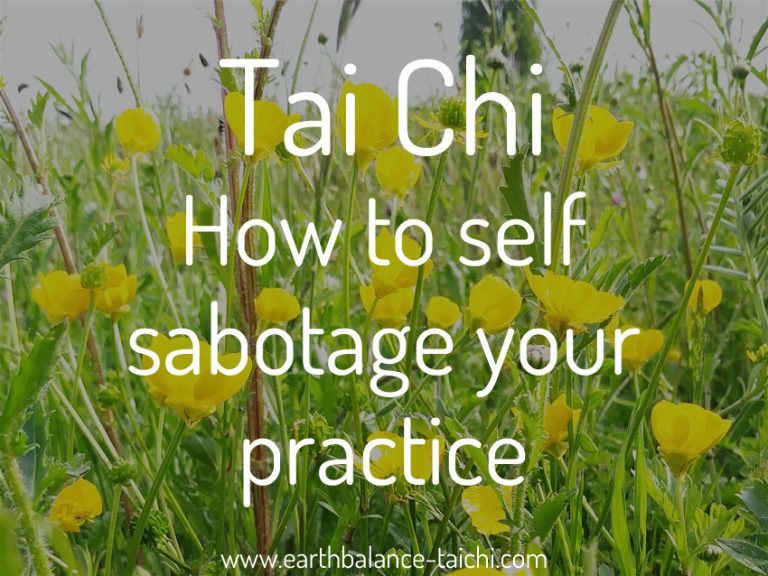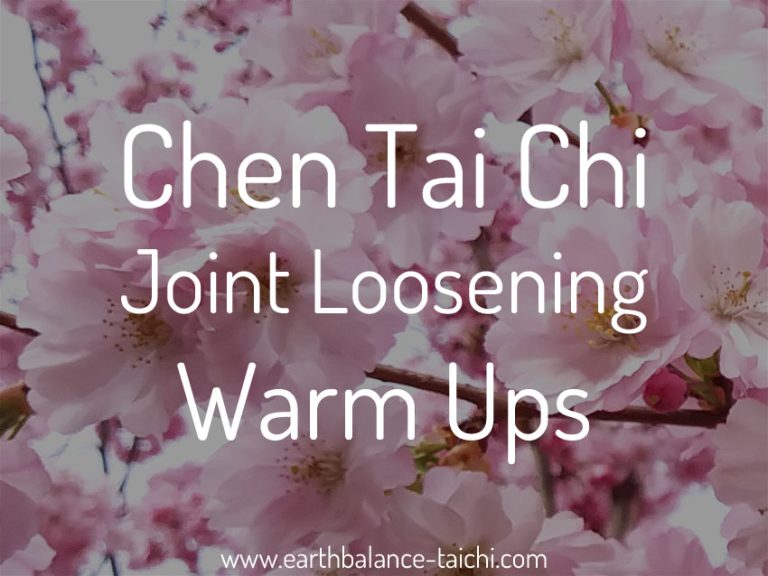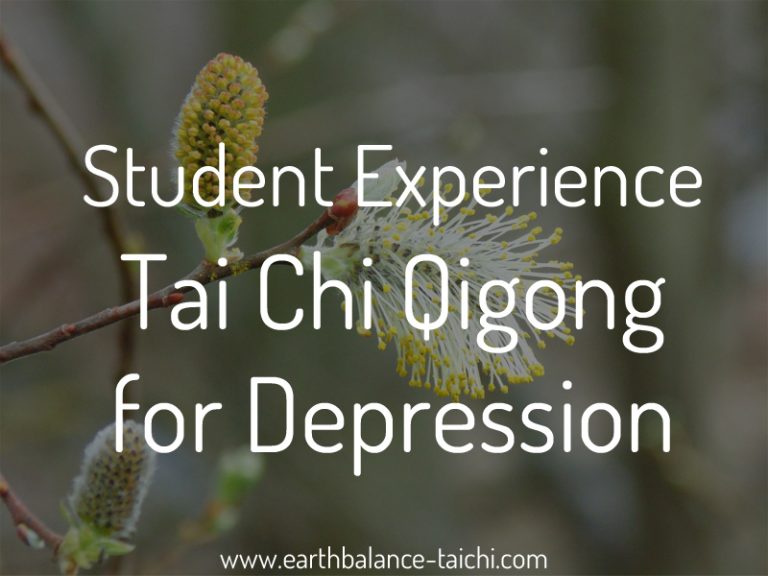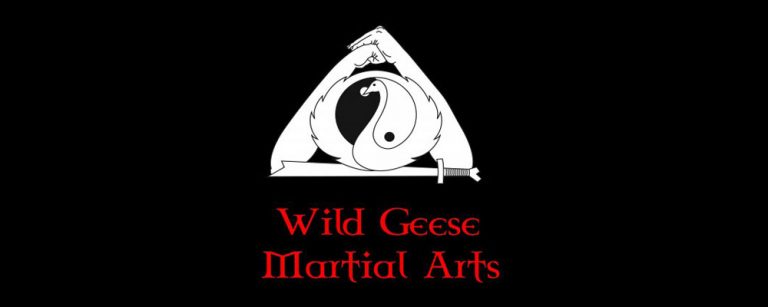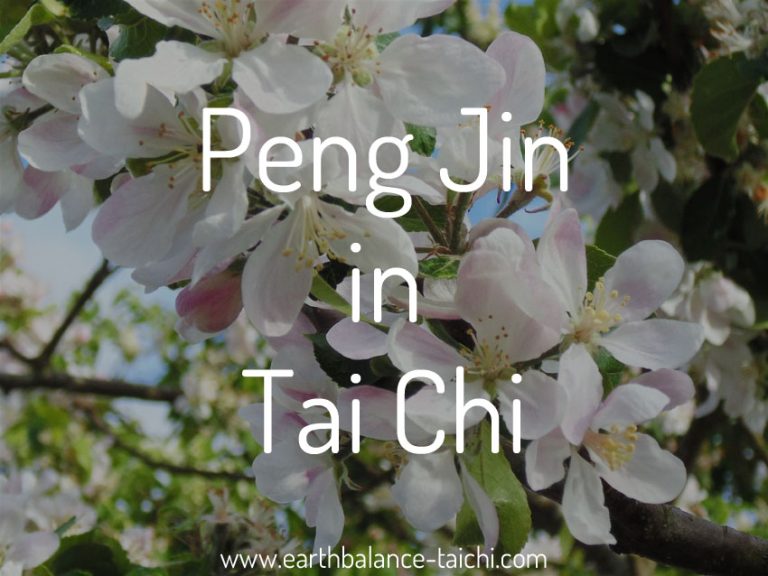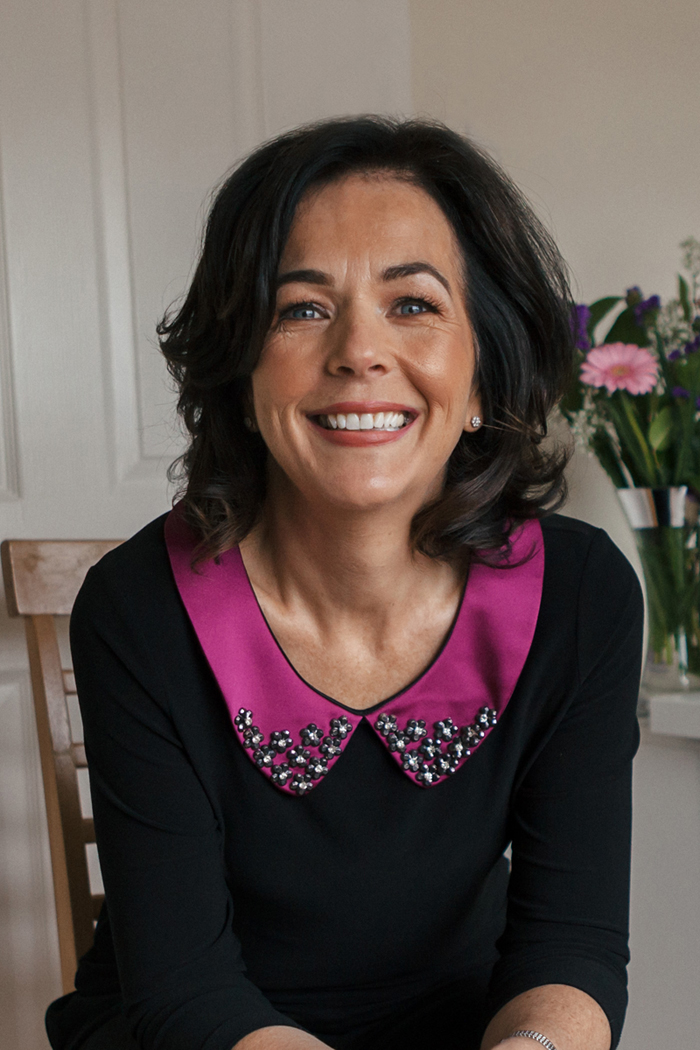The Anti Guru
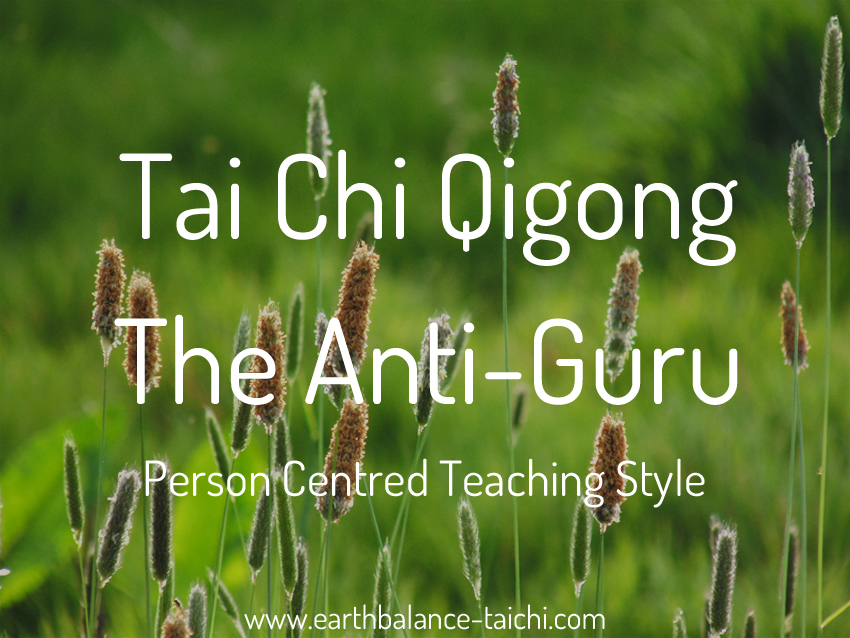
The Anti Guru
Person Centred Teaching Style
I describe myself as the anti-guru. My role as a Tai Chi and Qigong instructor is not to elevate myself onto a pedestal, and to ensure that you as a student don’t elevate me either. I’m the average person, living the same complex life, experiencing through the same highs and lows. I don’t have any special skills or magical enlightenment, I am just me. As an instructor, I walk beside my students on their Tai Chi, Qigong and meditation journey, sharing my passion and experience of the movement and stillness arts. I enjoy lighting the fire of enthusiasm which helps others become active in their self care. I learn so much from my students, every lesson is an equal exchange.
There are plenty of teachers who adopt a guru approach, placing themselves in a superior position. And with that, there are many students who need that type of teacher to follow, adore and idolise. I personally find this type of student/teacher relationship toxic and counter-productive to the learning process. A class can be over-powered by an instructor who is flexing their ego in their lessons. The lesson for them can become a power-trip, where they feed off the students. What could be better than having the sole attention of a room full of people for an hour, looking at you in amazement! Teachers who hold their students back are not teachers. Teachers who smother their students with complex information to impress and create awe are not teachers. Teachers who create groups of adoring fans are not teachers.
As teachers we do not know everything. Being transparent about our own limitations as a teacher is essential. Knowing when to move our students on or signposting them to other teachers needs to be open and encouraged. As teachers we do not own our students and they do no owe us anything. Teachers are not authority figures, we impart our knowledge, experience and interpretation of our chosen subject in a structured way to enable others to learn. Teachers make mistakes, have bad days and make missteps. And with that it is essential we take accountability and ownership in these moments.
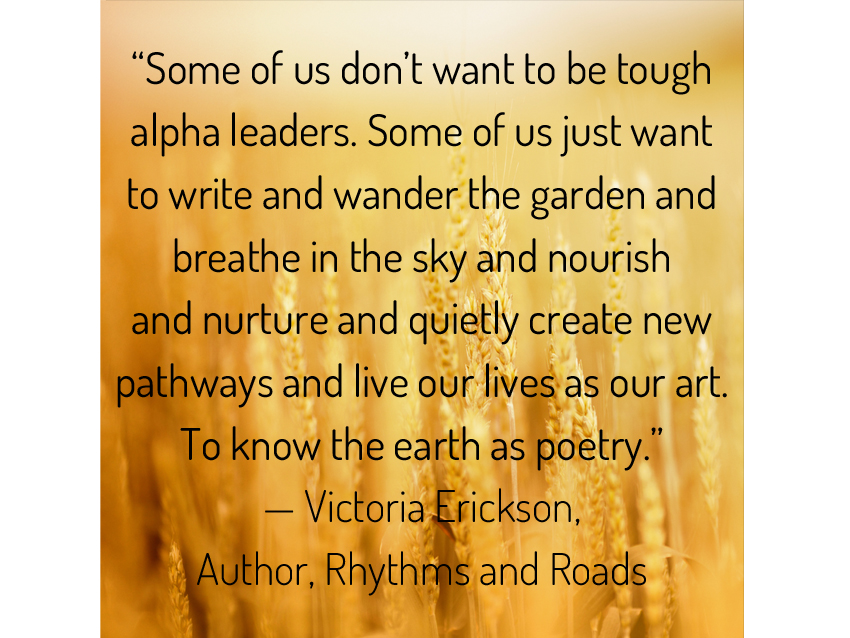
What makes a good adult education teacher
- person centred instruction
- good communication
- the ability to listen (active and reflective)
- managing student expectations
- being approachable
- being kind and fair
- being passionate
- being transparent
- having the ability to inspire
- having the ability to create a meaningful experience
- being able to encourage engagement
- helping to overcome barriers and challenges to learning
- creating an inclusive environment
- being respectful
- being resilient and adaptable
- being calm and considered
- a critical thinker and a creative mind
- setting professional boundaries
- non co-dependent teaching
- building confidence by lifting others up
- the ability to teach adults effectively through planning and delivery
- knowledge and experience of teaching and learning theory
- classroom management skills
- being reflective in action and on action
- professional training in safe-guarding adults
- and the most important part, all whilst being professional.
None of these points call for a guru. Instructors do not need to be in a position of superior power to lead the class successfully. The caveat is that teaching and learning Tai Chi, Qigong and meditation is a different dynamic than traditional academia. It doesn’t mean that the qualities and skills of being a good teacher are disregarded.
When teaching the practices, students may experience some level of shift or change in personal awareness. That shift can cause students to become more open, vulnerable and impressionable. Students can become quite emotional and even reactive. There are teachers out there who exploit students at this vulnerable stage, whether knowingly or unknowingly. This creates an even greater need for safe-guarding adults and best teaching practice. Each student is putting their trust in their teacher, and that needs to be respected.
If your Tai Chi, Qigong, meditation or spiritual teacher demonstrates behaviours that undermine you, belittle you, embarrass you, manipulate you, try to control you, bully you, coerce you, upset you or give you a gut feeling that is unsettling, this is not appropriate or acceptable. Do not give this person permission to treat you unkindly due to their influence, stature, reputation, experience or skill. You can respect somebody for their skill and experience without worshipping them or elevating them. Seek equality in the teacher student relationship and see people for who they really are based on their actions.
The temptation for teachers is to start to believe the hype. The ego takes hold and they become a guru with an echo chamber of followers where a legion students hanging on their every word. Humility is lost and replaced with ego, co-dependency, superiority and in some cases, bullying and gaslighting behaviours. There is a vast difference between a student teacher relationship when it is just about the training, versus inappropriate boundary crossing.
If your Tai Chi, Qigong, meditation or spiritual teacher promises enlightenment or spiritual awakening based on their lessons, they are most likely unrealistic marketing tactics. The only person who can take responsibility for you, is you. The only person who can help you progress in your Tai Chi and Qigong training is you. The Classical Chinese arts are not about watch and follow, they need personal effort, discipline and intrinsic motivation.
My goal is to show people a path towards improving health and well-being that perhaps they had not explored before. I teach practical and effective ways to boost the physiological functions of the human body, to develop awareness of the physical self and to show the true meaning of the mind and body connection, all through the Classical Chinese movement and stillness practices.
Simply put;
I promote posture, breath and awareness.
I live through kindness, modesty, grace and non-judgement.
Freyia Norling talks about the big illusion of gurus and the dangers of retreats. Wise words indeed.
